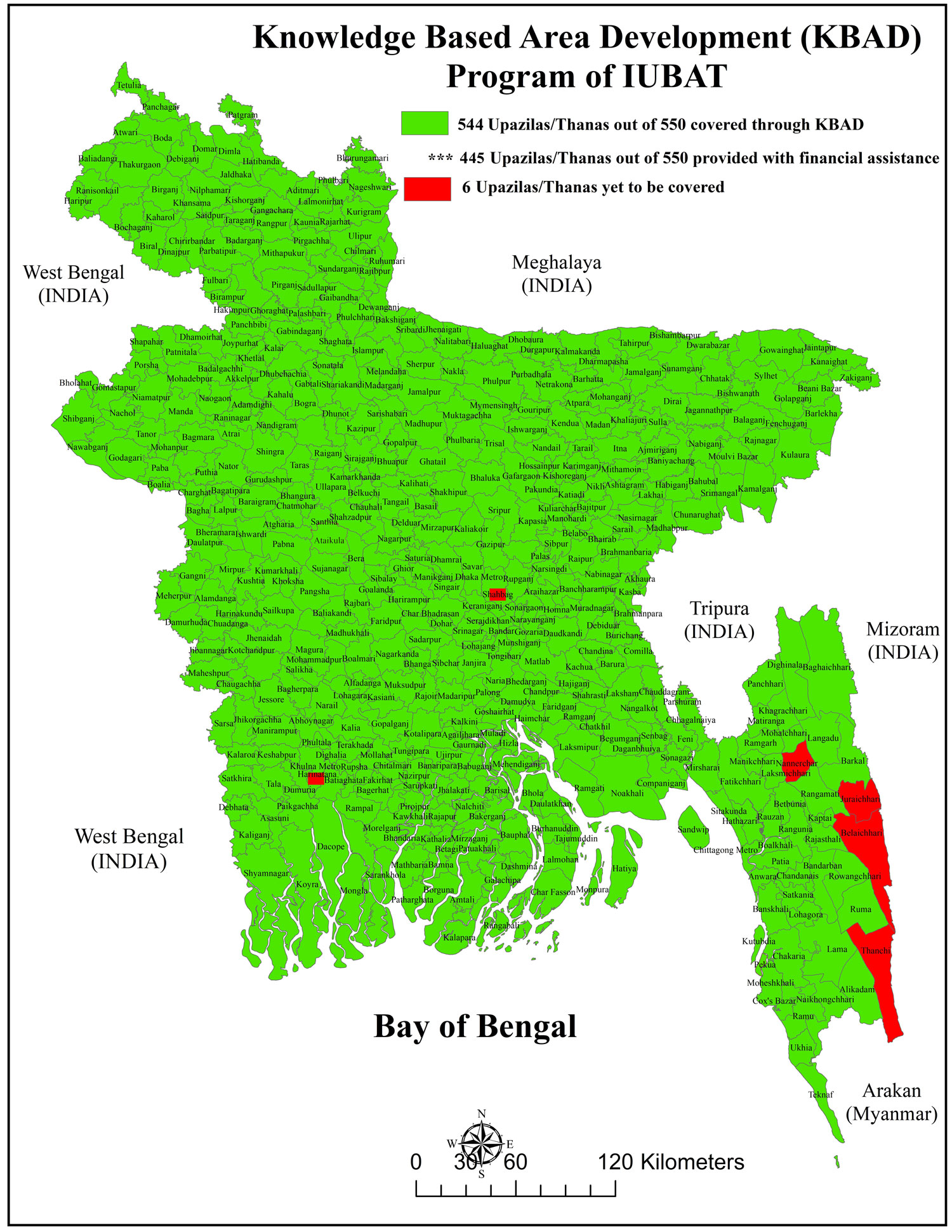Bangladesh is endowed with people, but has very limited natural resources and financial capital. By developing the people into human capital, we can overcome some of the limitations of our physical capital and at the same time lay the basis of generating capital resources. Education and skill development are the routes for creating human capital.
The Government of Bangladesh (GOB) is making continuous efforts to expand the educational base at primary, secondary, higher secondary and higher levels despite serious resource constraints. The targeted education of women with stipend and tuition waiver upto tertiary level is an example of this effort. Although there is an uneven spread of education, most villages of Bangladesh and every urban and semi-urban ward/moholla have many young men and women with higher secondary level educational qualification, if not higher. However, most of these people are educated in nonmarketable skills or cannot pursue higher education due to opportunity/resource constraints, and are unemployed. A way out should be found to transform the investment in their education upto HSC level into productive direction through further investment in marketable knowledge and skills. This is the basic premise of the knowledge-based development concept.
The area-based development approach (rural and urban) is now going on under the umbrella of microcredit by the government and non-government organizations (NGOs) targeted to ultra-poor and certain special segments of population. This micro-credit has obviously contributed to alleviation of poverty to some extent but has not created prosperity for the recipients for many reasons. Most people continue to remain in the cycle of poverty and do not get an opportunity to break out of the poverty trap.


